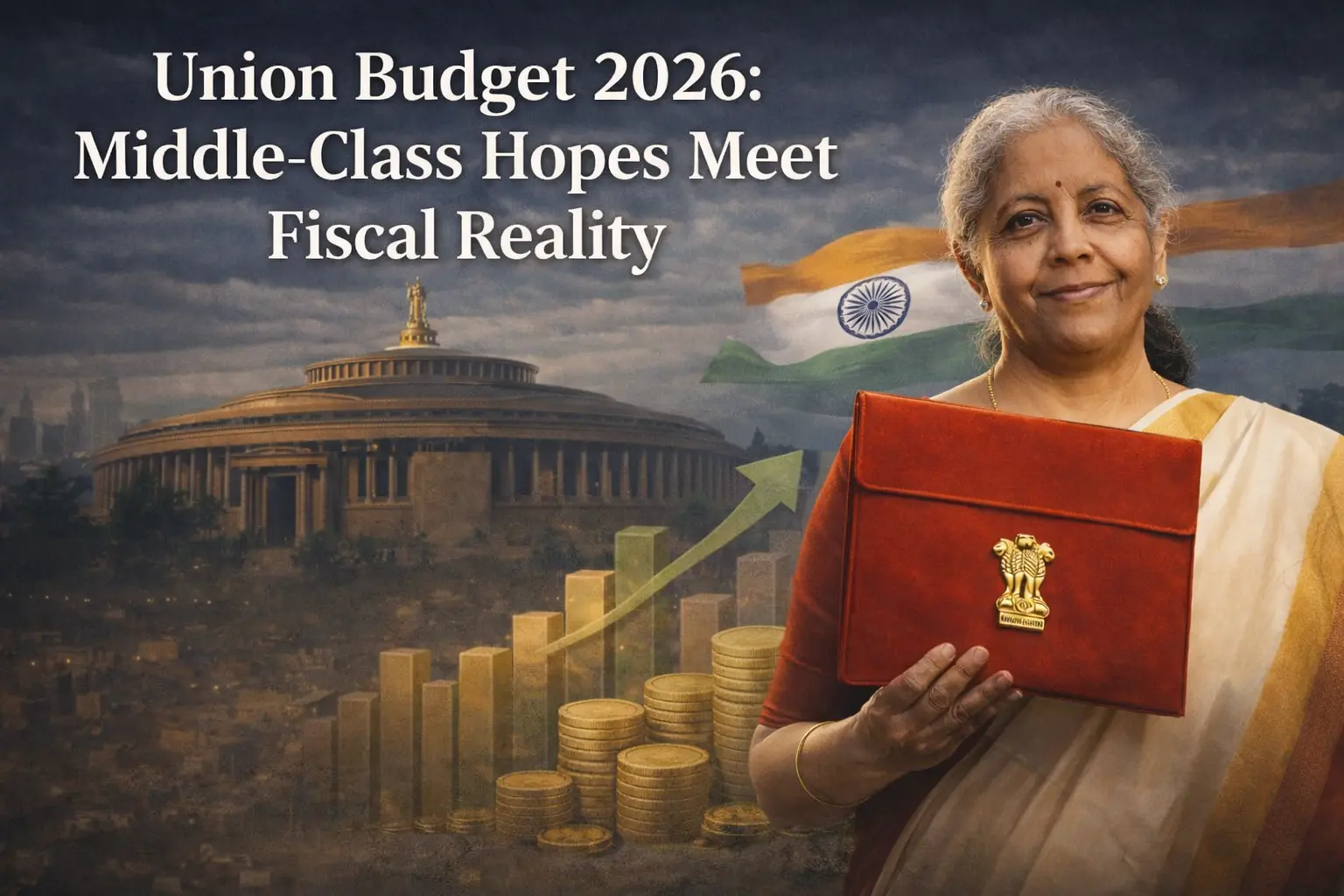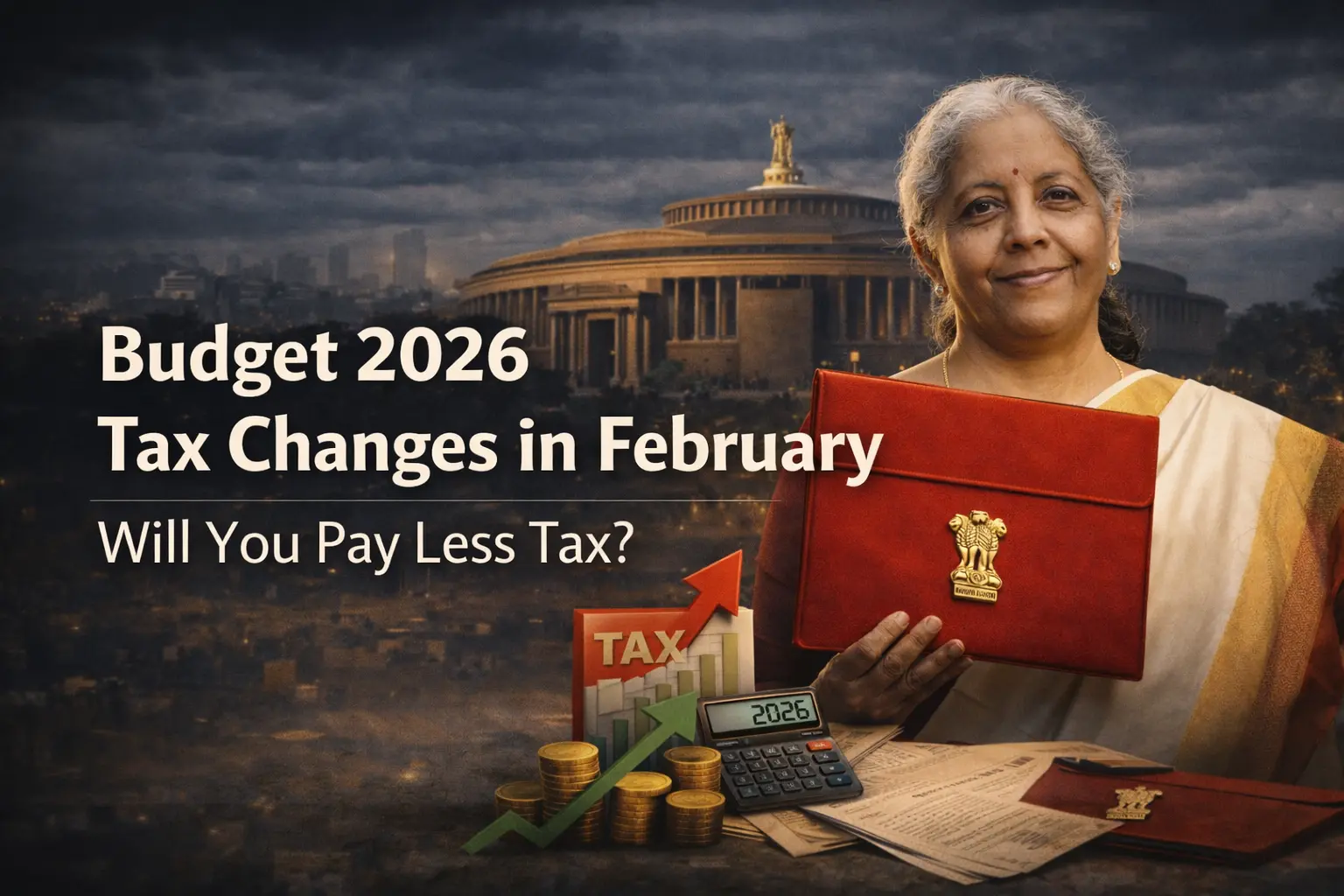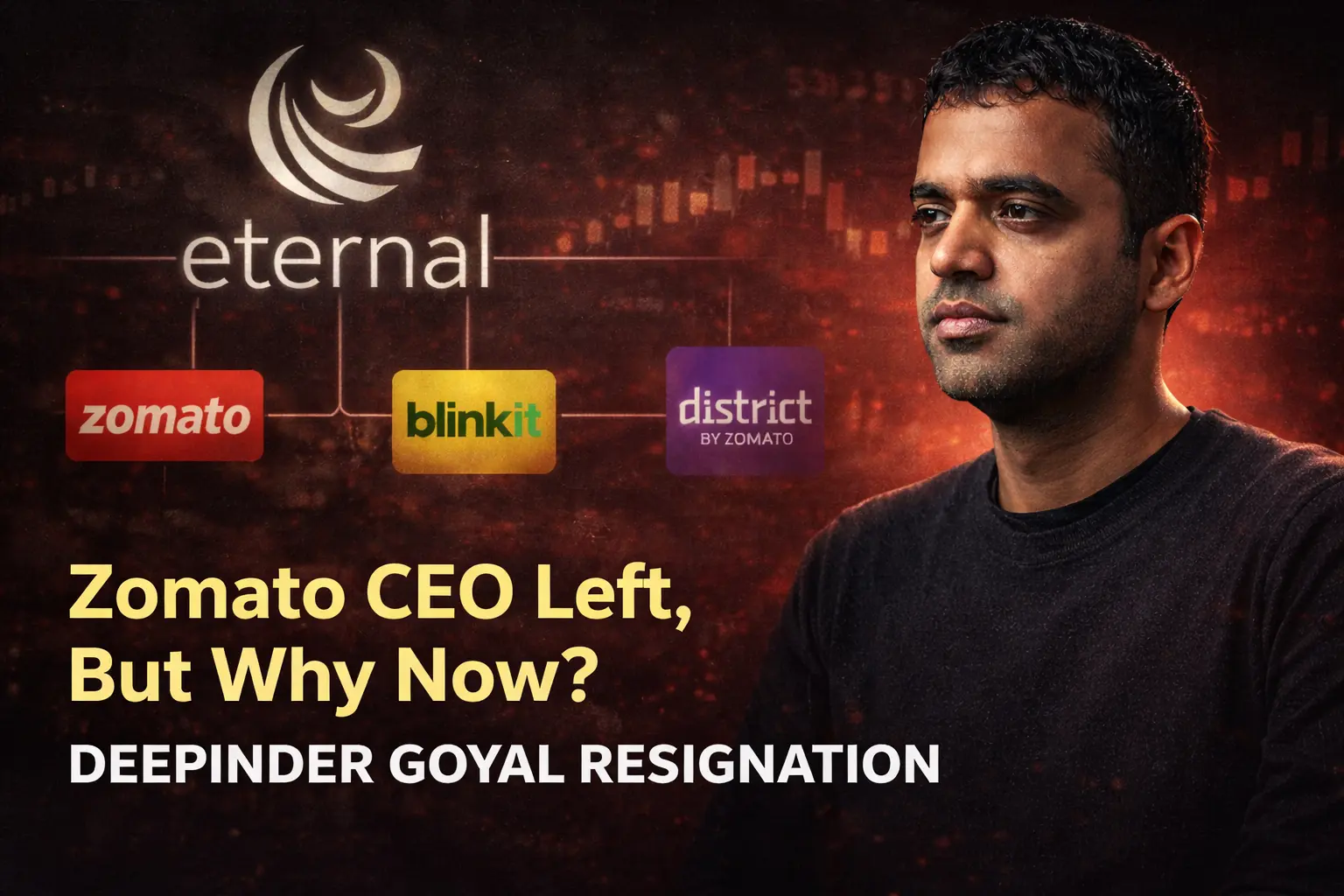becoming your own boss feels appealing, right? There is no 9-to-5, flexible scheduling, and you can work from your favorite chai tapri or a Goan beach. However, when it comes to finances—particularly creating credit without a steady income—things may get complicated. Whether you’re a freelance designer in Mumbai, a content producer in Bengaluru, or a coder in Pune, you may be wondering how to get a credit card or take out a loan without a regular salary slip. Good news: You can develop credit as a freelancer—you just have to approach it strategically. This guide will coach you through realistic, real-world strategies to improve your creditworthiness and negotiate the Indian financial system like a professional.
Why Is Credit Important for Freelancers?
Credit is very important for freelancers’ finances since it gives them security and flexibility when their revenue is unstable.
- Getting a loan is easier for personal, commercial, or emergency purposes.
- Credit cards for controlling business spending and cash flow
- Better interest rates that lower the cost of borrowing as a whole
- Helps with renting or buying things like laptops or office equipment with EMI.
- Gives you financial credibility, which is helpful when working with clients or service providers.
Long-term stability and a financial buffer are provided to freelancers by maintaining a high credit score.
Can You Build Credit Without a Fixed Salary?
You can build credit as a freelancer without receiving income on a regular basis. Your credit score is determined by how well you manage your financial commitments, not whether you have a consistent source of income every month. You can gradually create a good credit history by using credit cards sparingly, making regular installment or loan payments, and keeping your credit utilization low. Just taking out small personal loans or making purchases and paying them back gradually will raise your credit score. It also lends credibility to display consistent payments from clients in your bank accounts. Freelancers, like those with salaries, can build strong credit histories with sound financial management.
Table of Contents
Step-by-Step Guide to Build Credit as a Freelancer
This step-by-step guide to developing credit as a freelancer is easy to understand and useful.
Start with a Savings Account and Link a Recurring Deposit
Make sure that your freelance income, no matter what amount it has been, is regularly deposited into the savings account that you have to open at a reputable bank. This increases the income trail’s visibility. To further improve your financial situation, set up a small Recurring Deposit (RD) of at least ₹500 to ₹1000 per month. It shows good money management, improves your relationship with the bank, and may eventually qualify you for secured credit cards or low-interest loans. Make sure that your freelance income, no matter what amount it has been, is regularly deposited into the savings account that you have to open at a reputable bank. The amount of money successfully becomes more clearly visible as a result. The improvement of your financial situation configured a recurring deposit (RD) worth ₹500 to ₹1000 monthly term. It communicates that you are managing your money well, improves your relationship with a bank, and gets you exposed to opportunities for low-interest loans and credit cards.
Apply for a Secured Credit Card
A secured credit card represents an incredible way to start once you’re just starting out or don’t qualify for a standard credit card. Like a regular credit card, it is provided against a predetermined deposit, often between ₹5,000 and ₹25,000. Making modest purchases & paying the entire amount due on time will help you establish a good credit history. Your credit score rises as a result of this prudent use, and you might eventually be eligible for an unsecured card.
Register Your Freelance Income and Pay GST (if applicable)
As a freelancer, you must correctly declare your revenue and maintain financial transparency. If your annual turnover surpasses ₹20 lakhs (or ₹10 lakhs in some states), GST registration is needed. When you become registered, begin submitting GST for freelancers on a consistent basis—this will help you create a clear financial record. Banks, loan providers, and other financial institutions view GST compliance as more credible than simply filing income tax returns (ITR). It increases the likelihood that you will be granted credit approvals, business loans, and future higher-limit credit cards.
Show Proof of Income Through Invoices and Bank Statements
Instead of bank statements, freelancers can be utilized to show proof of their sales revenue by sending clients invoices for pay receipts. Make sure that payments are always credited to the correct account. Besides that, it helps you create financial credibility for paying your credit cards, loans, and rent on time.
Take a Small Personal Loan (and Repay On Time)
You may want to apply for a small loan for yourself once you have some credit established. Decide on a fair amount and make timely installment payments. Consistent and timely repayment improves your score on the credit report and shows banks that you can manage your credit responsibly even if you don’t have a fixed job.
Pay EMIs and Bills On Time—Every Time
Making on-time utility, credit card, and EMI payments is essential to establishing and maintaining a high credit score. Even one late or missed payment can have a permanent bad effect on your credit profile. Set reminders or enable auto-debit to ensure you never miss a deadline and keep your credit record pristine.
Keep Credit Utilisation Below 30%
You should always try to use no more than 30% of the whole of your credit limit. For instance, try to spend no more than ₹15,000 if the limit of your credit card is ₹50,000. A solid credit score is maintained, and responsible usage is indicated by low credit utilization. Regardless of whether you pay on time, consistently exceeding this limit can result in a lower score. Dono steps are crucial, so follow Step 8: Continue to Use Credit. In the opinion of credit bureaus such as CIBIL, Step 7 is less essential for the credit score you have than steps below 30%.
Diversify Your Credit Types
Your credit score expands once you hold an excellent combination of credit. You want to incorporate both unsecured (such as the use of credit cards as well as personal loans) and secured (such as gold loans or vehicle loans) credit. This demonstrates to lenders your ability to responsibly manage various forms of credit. When used properly, even a small combination strengthens the financial profile and gradually increases bank trust.
Monitor Your Credit Score Regularly
Check the accuracy of your credit report. To be sure all the information is accurate, check your credit score from companies like Experian or CIBIL. By promptly disputing inaccuracies, you can prevent needless harm to your score.
Common Mistakes to Avoid
Due to their unpredictable income, freelancers must be especially careful about their credit habits. The following frequent errors can lower your credit score:
- Not paying your bills or EMIs on time: you lose points for even one late payment.
- Using more than 30 to 40 percent of your credit limit on a regular basis is considered risky.
- Making an excessive number of credit card or loan applications Regular applications result in difficult questions and may lower your score.
- Ignoring mistakes in credit reports Ignoring your report could leave fraudulent or inaccurate entries unchecked.
- Relying solely on one kind of credit—having both secured and unsecured credit enhances your credit profile.
- Terminating previous credit accounts If at all possible, keep old credit cards active because a longer credit history fosters trust.
- Avoiding financial documentation or failing to file an ITR: It is more difficult to get credit if you don’t have any proof of income.
Avoiding these errors will help you create a strong, accurate credit profile, even if you don’t have a regular source of income.
FAQs: Credit Building for Freelancers in India
Can freelancers build a good credit score without a fixed salary?
Yes. Rather than a fixed income, your credit score is defined by how well you handle credit. Building a healthy credit profile can be achieved by consistent credit card use, on-time repayments, and minimal credit utilization.
How long does it take to build a credit score?
Your credit score usually takes up to six months to generate after you open your first credit product, such as a credit card or loan. Timely payments and regular usage are essential.
Do I need to show salary slips to get credit?
No. When submitting an application for credit, freelancers may also include invoices, bank statements, income tax returns, or evidence of consistent client payments.
Is filing ITR necessary for credit building?
Yes. Your freelance income growth credibility once you file income tax returns (ITR). When assessing the loan and credit card applications, lenders frequently need it.
Can a GST-registered freelancer build better credit?
Absolutely. Registering for GST and filing taxes on a regular basis can increase your credibility with financial agencies and banks, indicating with more information that your freelance income is legitimate and consistent.
Is credit mix important for freelancers?
Absolutely. The combination of unprotected and protected credit, such as a credit card and loan, improves your credit profile by demonstrating to lenders that you can manage various forms of credit responsibly.
Which is the best credit card for freelancers in India?
For freelancers, their credit cards with a fixed deposit and robust security are a great place to start. Popular options are SBI SimplySAVE Secured and Axis Bank’s Insta Easy Card. Once their credit history has been established, they can go to regular cards.
Can I take a personal loan as a freelancer?
Yes. Personal loans are available to freelancer individuals at a number of banks and NBFCs. Your chances of approval are increased by a stable income deposit, a high credit score, and the submission of an ITR.
Is it compulsory to register for GST to get loans?
No, it’s not required. Nonetheless, registering and filing for GST shows steady business revenue, which facilitates loan approval, particularly for business loans.
Where can I check my CIBIL score online?
Once a year, you can check your CIBIL score for free online at TransUnion CIBIL’s official site. All you have to do is sign up with your name, PAN card number, and contact details. After logging in or registering, a number of apps, including Paisabazaar and BankBazaar, as well as certain banking apps, like Paytm and PhonePe, offer free CIBIL score checks.
Conclusion
Freelancing gives you freedom, but credit gives you power. Even without a fixed income, it is possible to build a strong credit score with persistence, planning, and discipline. Start out small. Get a protected card. Remember to keep track of your payments. Make your tax payments. Above all, believe that financial freedom is attainable even with a fluctuating income.
Want to know more? Check your CIBIL score online now to begin building strong financial credibility.










